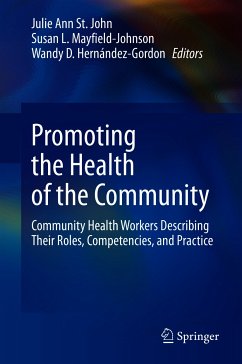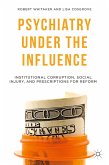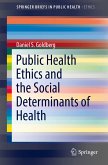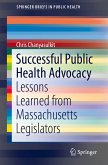Community health workers (CHWs) are an increasingly important member of the healthcare and public health professions who help build primary care capacity. Yet, in spite of the exponential growth of CHW interventions, CHW training programs, and CHW certification and credentialing by state agencies, a gap persists in the literature regarding current CHW roles and skills, scope of practice, CHW job settings, and national standards. This collection of contributions addresses this gap by providing information, in a single volume, about CHWs, the roles CHWs play as change agents in their communities, integration of CHWs into healthcare teams, and support and recognition of the CHW profession.
The book supports the CHW definition as defined by the American Public Health Association (APHA), Community Health Worker Section (2013), which states, "A community health worker is a frontline public health worker who is a trusted member of and/or has an unusually close understanding of the community served." The scope of the text follows the framework of the nationally recognized roles of CHWs that came out of a national consensus-building project called "The Community Health Worker (CHW) Core Consensus (C3) Project". Topics explored among the chapters include:
- Cultural Mediation Among Individuals, Communities, and Health and Social Service Systems
- Care Coordination, Case Management, and System Navigation
- Advocating for Individuals and Communities
- Building Individual and Community Capacity
- Implementing Individual and Community Assessments
- Participating in Evaluation and Research
- Uniting the Workforce: Building Capacity for a National Association of Community Health Workers
Promoting the Health of the Community is a must-have resource for CHWs, those interested in CHW scope of practice and/or certification/credentialing, anyone interested in becominga CHW, policy-makers, CHW payer systems, CHW supervisors, CHW employers, CHW instructors/trainers, CHW advocates/supporters, and communities served by CHWs.
Dieser Download kann aus rechtlichen Gründen nur mit Rechnungsadresse in A, B, BG, CY, CZ, D, DK, EW, E, FIN, F, GR, HR, H, IRL, I, LT, L, LR, M, NL, PL, P, R, S, SLO, SK ausgeliefert werden.









